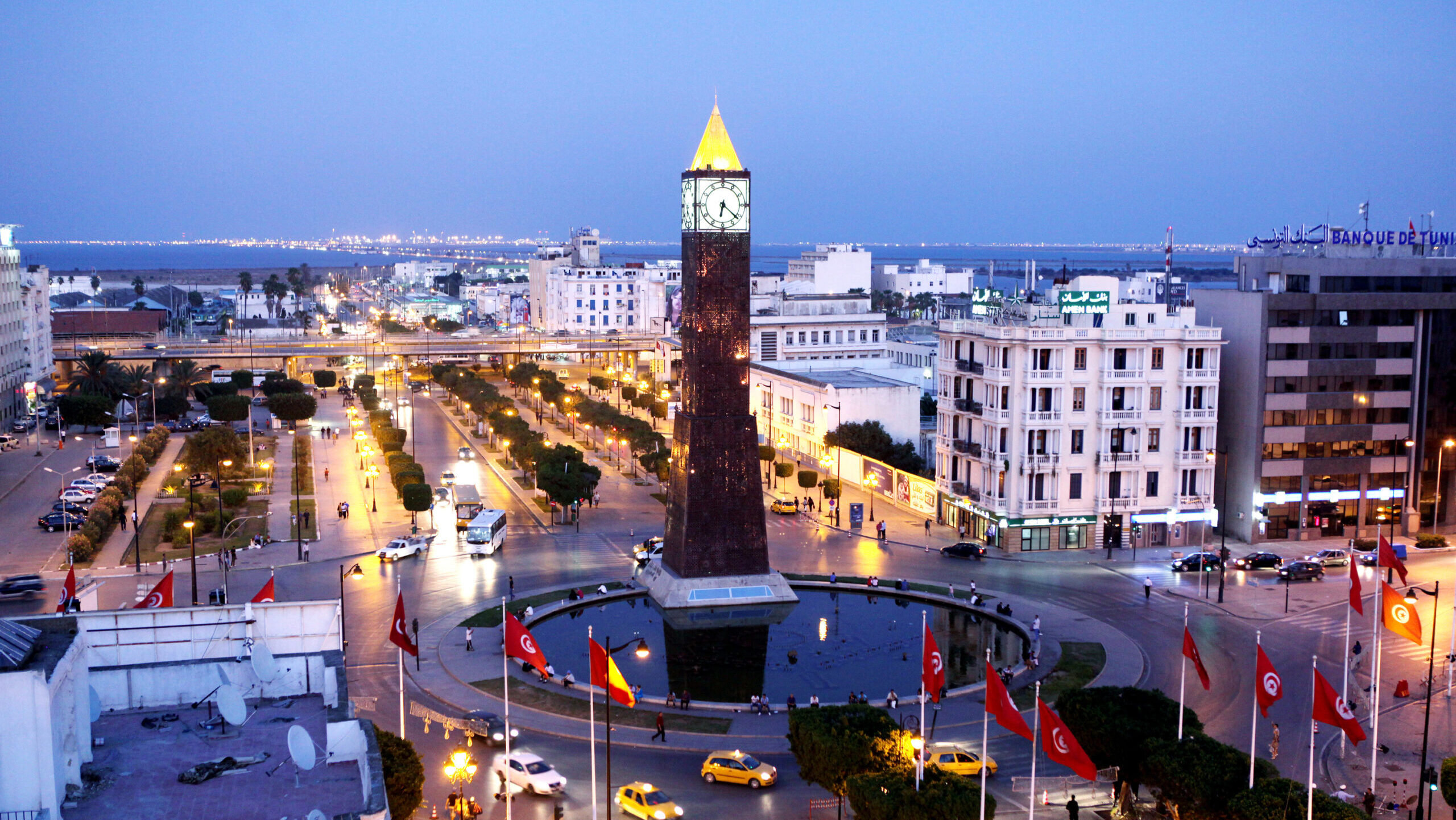
Tunisian skyline at Place du 14 Janvier in 2011. (Shawn Baldwin/Bloomberg via Getty Images)
BEIRUT — The US State Department cleared a potential Foreign Military Sale of SAFE Archangel patrol boats to Tunisia with an estimated cost of $110 million.
Described as a non-major defense equipment deal, the US Defense Security Cooperation Agency said on Tuesday the Tunisian government requested a number of 65-foot patrol boats and related equipment like GPS and other navigation and communications systems, as well as training. The number of vessels wasn’t disclosed in the announcement.
“The proposed sale will better equip Tunisia to contribute to shared security objectives, promote regional stability, and build interoperability with the United States and Western partners,” the DCSA announcement said. “The Tunisian Navy uses the 65’ SAFE boats for search and rescue, maritime law enforcement, and other maritime-related operations to ensure security in the country and region.”
The deal is not final as the nation and the primary contractor, in this case Washington state-based SAFE Boats International, finalize units and dollar amounts, and it’s always possible lawmakers could step in to halt the sale.
The potential step comes at a critical security time in the African continent, as US forces are withdrawing from other areas in the continent further south, specifically from Niger and Chad, pushing the Sahel region to become “less safe,” according to a top US military official.
Analyst Ryan Bohl told Breaking Defense the boats in question “are mostly for brown water in near shore operations that are useful for anti-smuggling activity and light security patrols.”
Located on the Southern coast of the Mediterranean, Tunisia has struggled with illegal immigration routes from the south and through towards Europe, as well influxes from both its neighboring countries, Algeria and Libya, through porous borders.
“Tunisia’s primary naval challenges are related to smuggling and migrant control, especially as they are reliant on [European Union] aid to help plug holes in their economy and those deals are reliant upon Tunisia’s ability to intercept and hold migrants heading towards the continent,” Bohl, senior Middle East and North Africa analyst at the RANE Network, told Breaking Defense.
He added that increased light naval capacity will allow Tunisia more capabilities not only to interdict migrants trying to be moved into Europe but also to have have some knock-on effects for security by also potentially intercepting arms smugglers and others who might be traversing Tunisian waters from Libya.
The sale also comes amid a rash of Foreign Military Sale approvals by the State Department, including a potential $3.5 billion deal for helicopters for South Korea and what could be $5 billion in missiles for Germany.
Allies in acquisition: MITRE urges Pentagon to work better with partners in developing, buying weapons
“What we’re proposing in the paper is that the US defense acquisition community should have connections and relationships and conversations and awareness with our international partners,” said Dan Ward, a military technologist at MITRE and author of a new report.
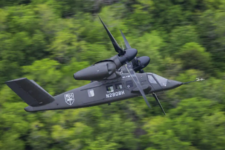
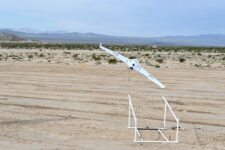

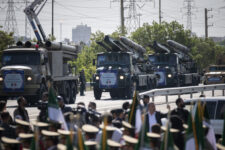
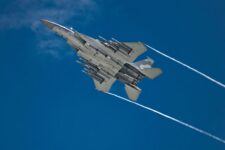

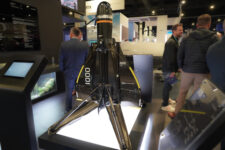
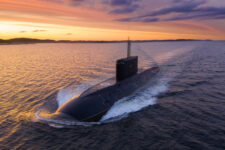

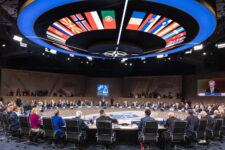

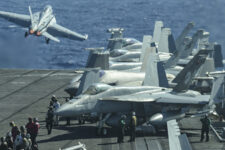
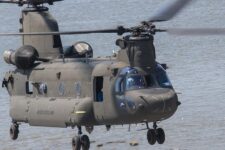

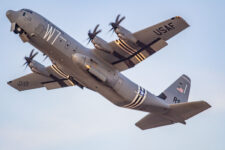

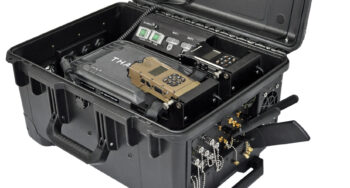
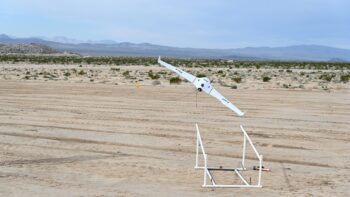
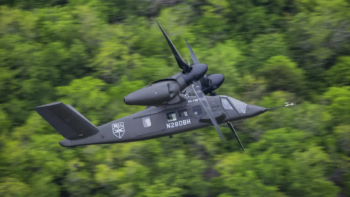
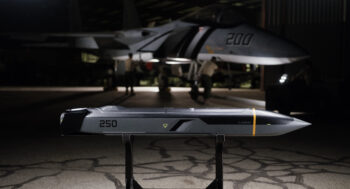
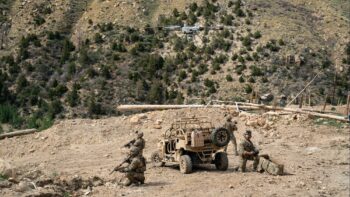
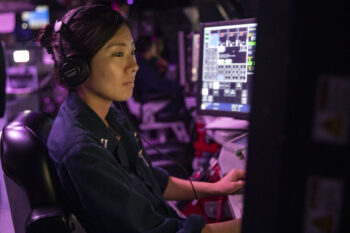

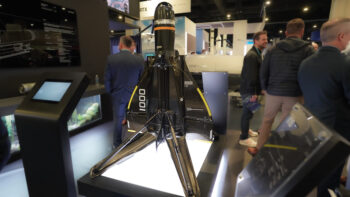

![T2BETA_PROGRAM_REVIEWED1[1]](https://breakingdefense.com/wp-content/uploads/sites/3/2024/08/T2BETA_PROGRAM_REVIEWED11-350x219.jpg)
